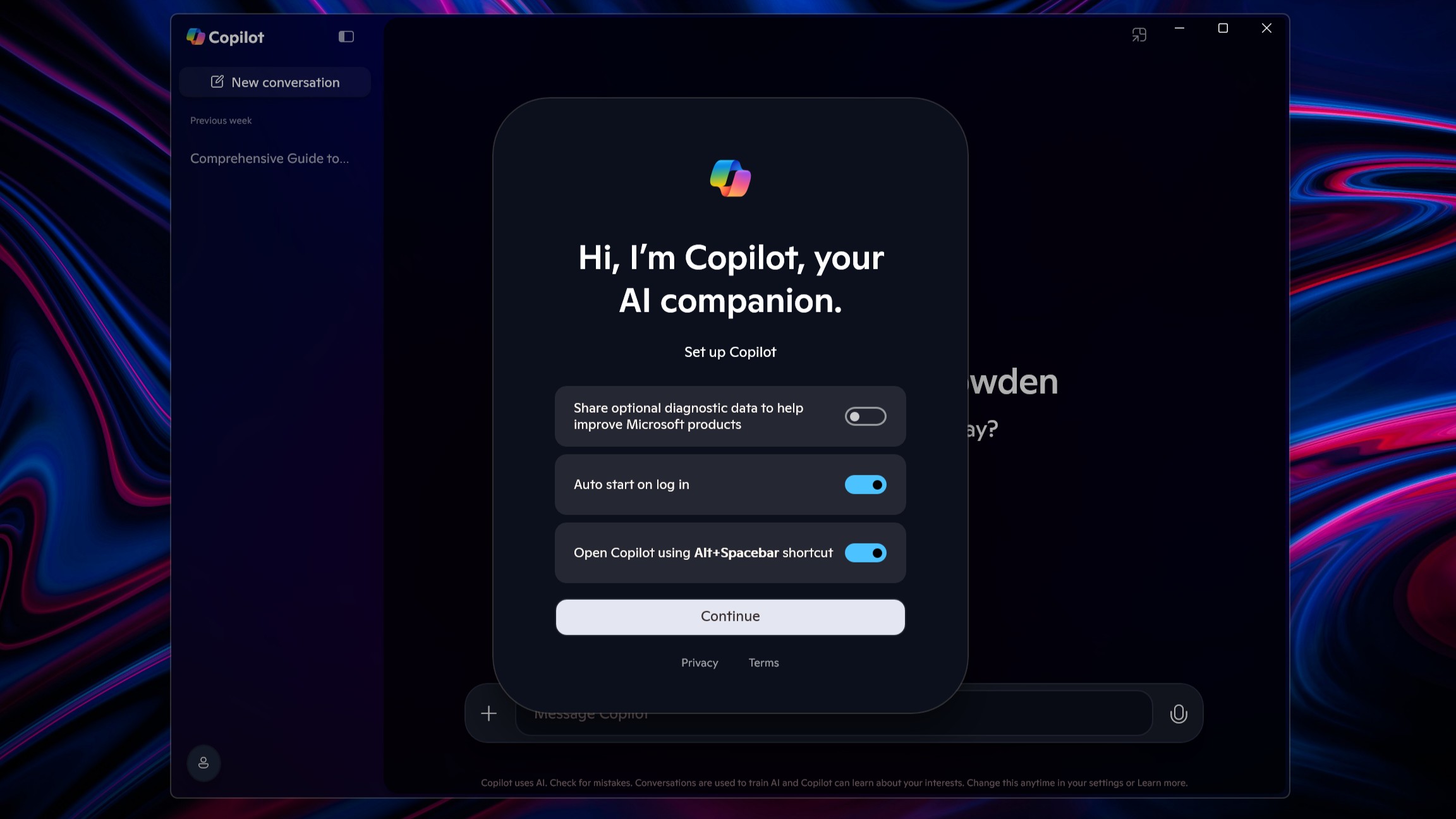Surface and Windows 11: Experts weigh in on Microsoft's ecosystem prospects
Here's the scoop on the interconnectivity of Microsoft's ecosystem.
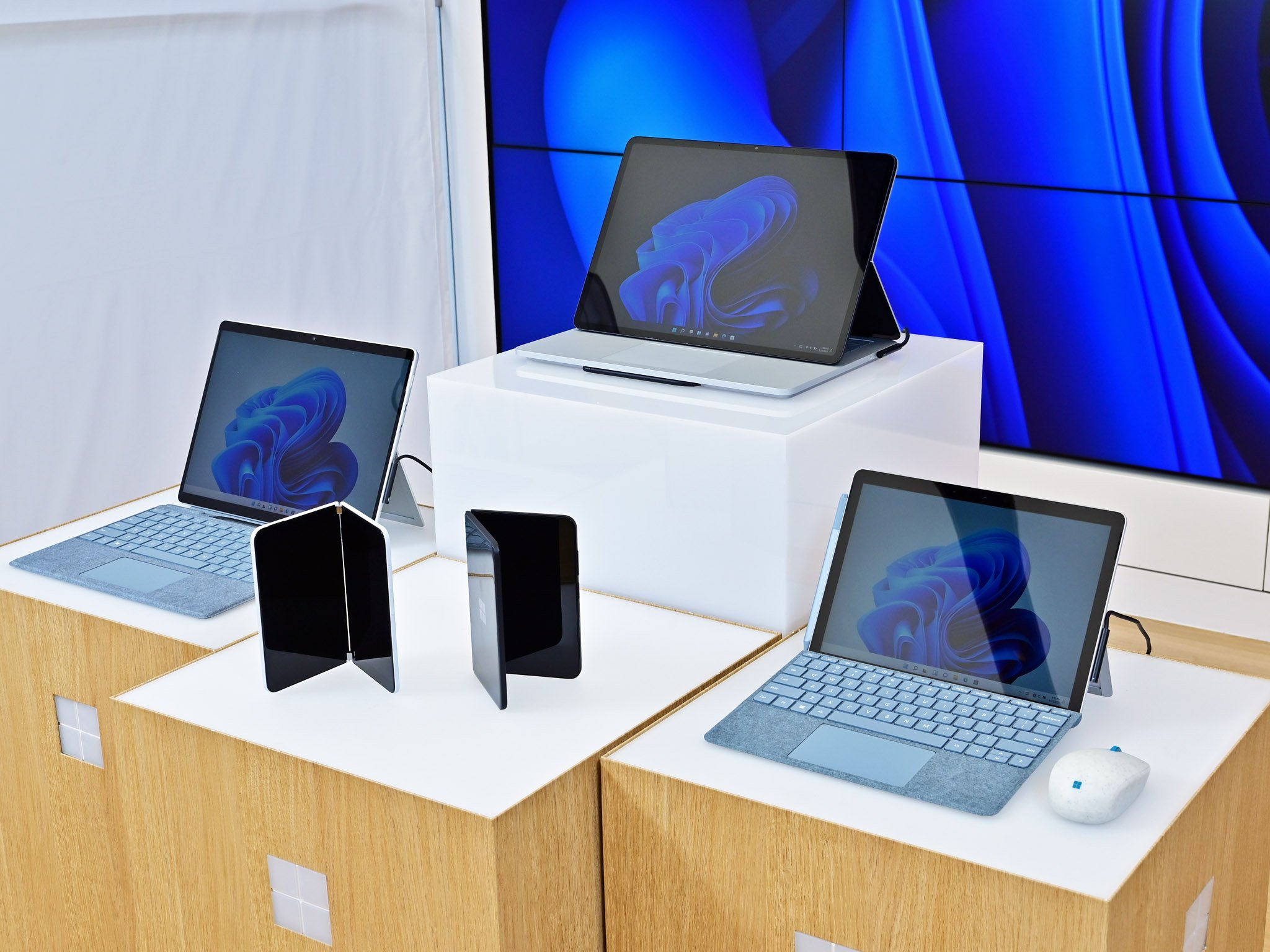
We've reached something of a turning point for the MCU, otherwise known as the Microsoft Computational Universe. It's when the Windows 11 experience overlaps so heavily with Microsoft's Surface device ambitions that the two separate endeavors join forces for one glorious team-up launch on October 5, 2021 and are thereby inextricably linked from one another in the minds of consumers forevermore.
But there's more to it than that. Microsoft and its Chief Product Officer Panos Panay seem intent on bringing the differing facets of the company together to produce a more cohesive package. What are the implications of such actions?
Is Microsoft building a tight, all-encompassing ecosystem? Is it just trying to take a page from Apple's book without going to those extremes? We asked experts to weigh in.
Surface 2021, Windows 11, and the MCU
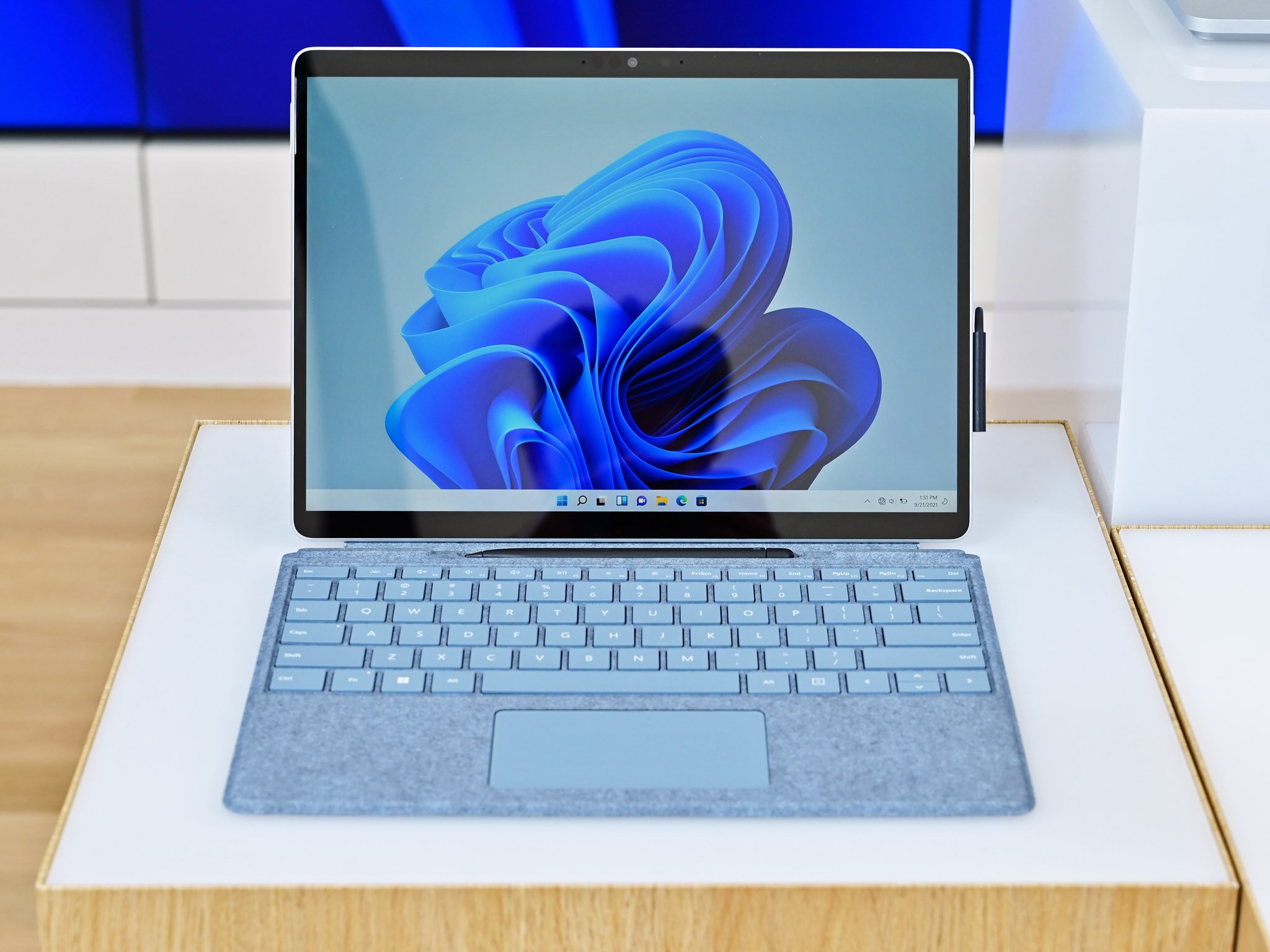
Microsoft didn't skimp with its 2021 Surface lineup. Not only did we get the rumored, leaked, and highly coveted Surface Duo 2 reveal, but also a whole host of other devices and hardware. And one thing was constant throughout all of these devices (barring the Duo 2): A love of Windows 11. Was this a sign that Microsoft has finally embraced a unified, ecosystem-minded approach for its products?
"I think Microsoft realizes it's fundamentally different from Apple," said Forrester Vice President and Principal Analyst J.P. Gownder. "It's an ecosystem of partners."
As to what that ecosystem meant on a practical level, Gownder explained the different parts.
"So I think it's a bit of a return by Surface to its origins as a demonstration product to galvanize the OEM partner ecosystem by showing off Windows 11, while also honoring that Surface will continue to be its own robust, independent product line," he said. "But it's not an Apple-style closed ecosystem."
Get the Windows Central Newsletter
All the latest news, reviews, and guides for Windows and Xbox diehards.
He noted that Enterprise customers still have practical needs that Dell, HP, and Lenovo are better equipped to satisfy than Surface devices are, highlighting one more piece of evidence behind the claim that Microsoft's approach to ecosystems truly is focused on casting a broader net than Apple by emphasizing the partner element.
Not an Apple
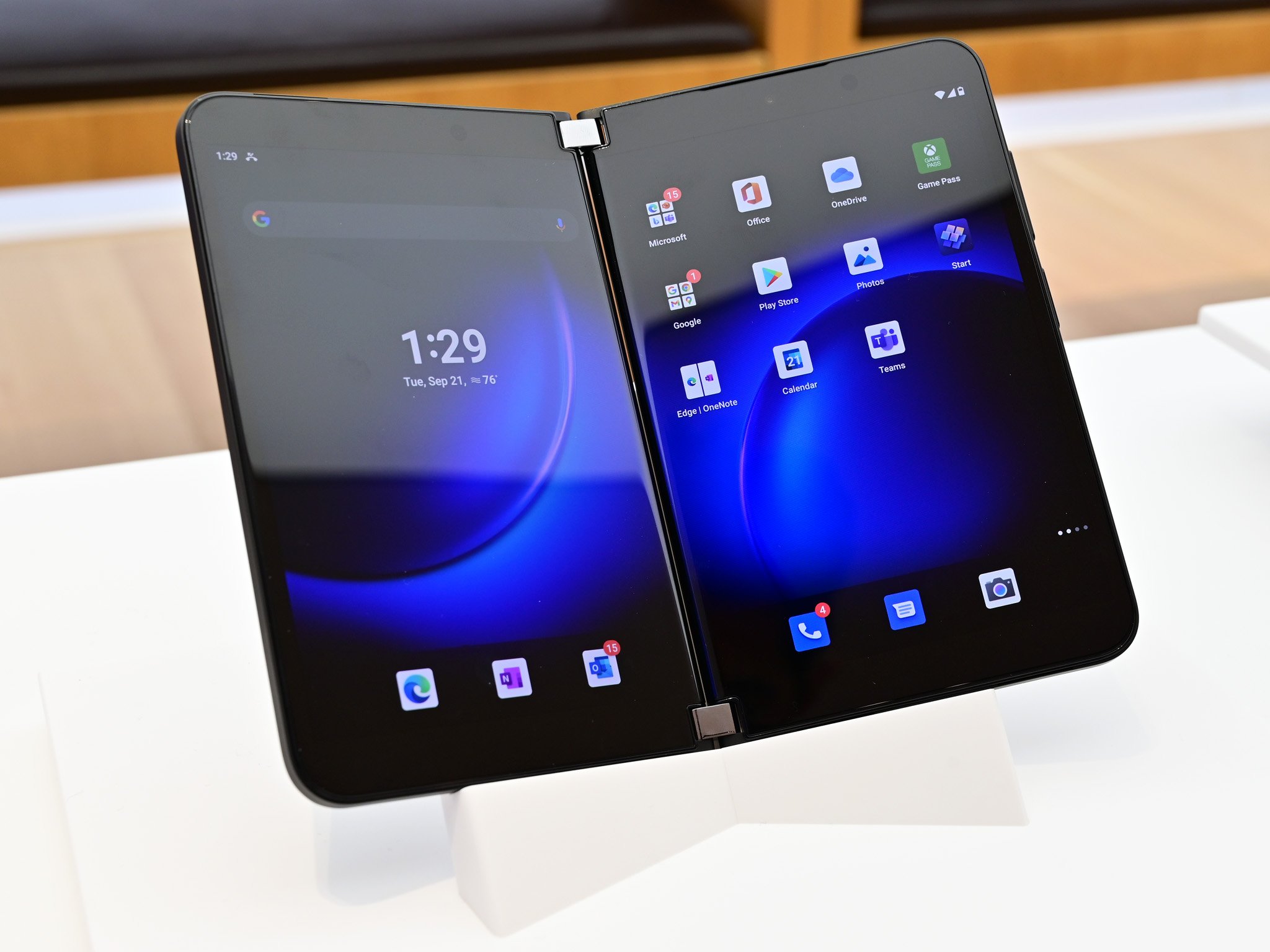
Whether it's deliberately not trying to be or just can't manage the task, one thing's for certain: Microsoft is not Apple.
"Yes, Microsoft has been trying to build an OS + hardware ecosystem," said Gartner Research Director Mikako Kitagawa. "The lack of a phone OS is their weakness compared to Apple's ecosystem, so Duo is their effort to fill the gap. Still, there are many users with iPhone and Windows devices, meaning that having a phone OS does not necessarily increase the number of Mac users."
Gownder made similar comments with regards to the Duo not quite being the one-size-fits-all solution Microsoft may be hoping for. "I think Microsoft would love to become a player in high-end Android phones but they have a long way to go based on the 1.0 Duo device," he said. "It's more of an aspiration than an empire at this point!"
Caveats aside, there was an acknowledgment of a carefully crafted ecosystem, even if not all branches of it were viewed as winning the world over just yet. The one thing that experts across the board agreed on was that Microsoft's efforts were resulting in a unique interpretation of the interconnected technology concept.
"I do agree that Microsoft appears to be trying to create a more tightly integrated ecosystem that could be considered to be more like what Apple has created with iOS and MacOS," said Moor Insights & Strategy Senior Analyst Anshel Sag. "However, I think the thing to consider here is that Microsoft's goals across the board are to enable rapid creativity and productivity. I think Microsoft's vision is to remove barriers to productivity and creativity with this Surface experience and to give it the premium feel that Surface has always had."
Sag stated that he thought Microsoft's approach for Surface was ambitious, given the wide variety of users it was trying to win over.
Microsoft Surface strategy, in summary
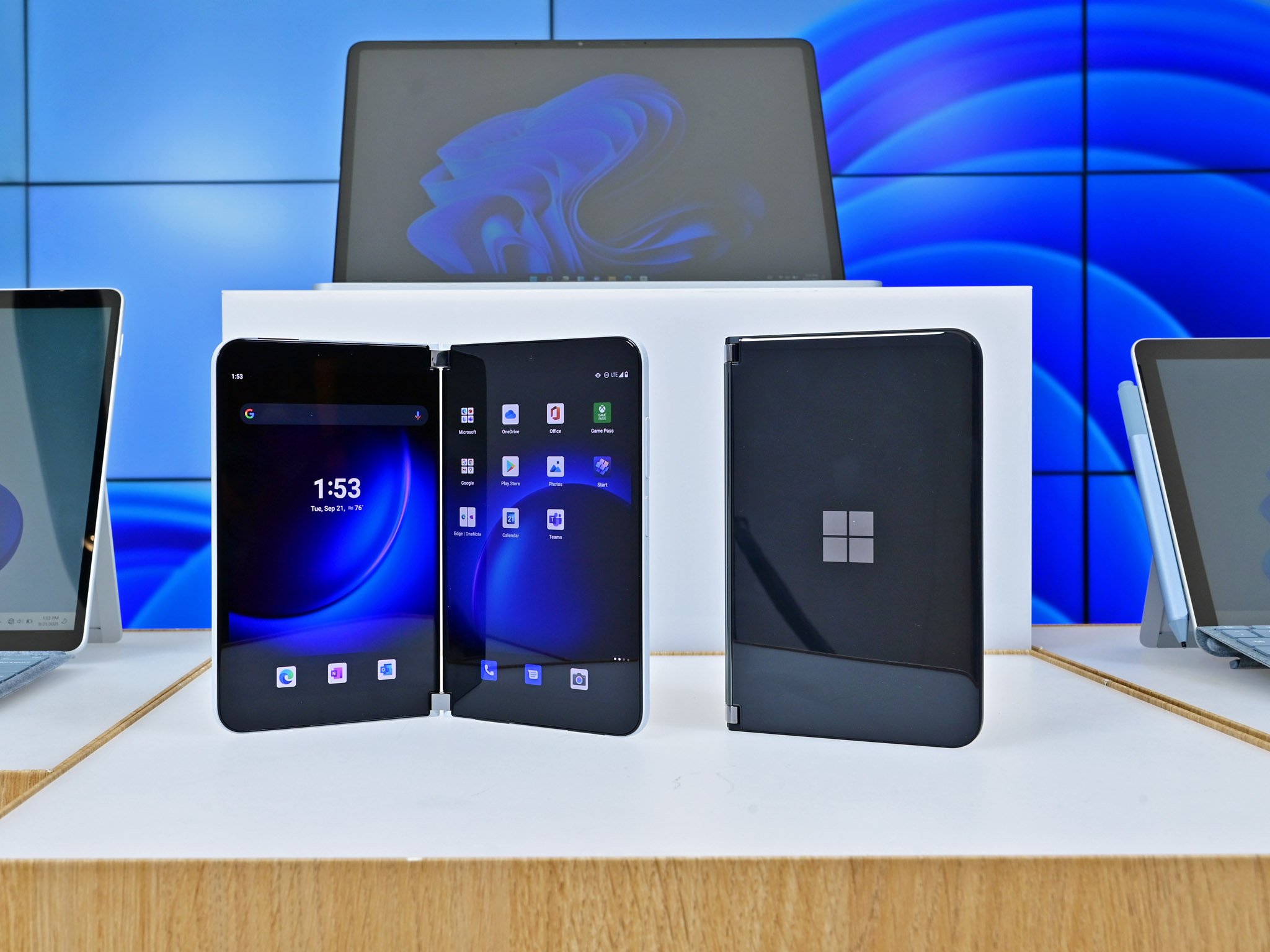
At the end of the day, only Microsoft knows what its long-term plans are for Surface and Windows. But the evidence exists to suggest that the MCU is a real goal for the company and that it's intent on people loving its hardware as much as its world-dominating software.
While the company cares very much about Azure and its cloud efforts, it appears Windows and Surface are both getting a renewed sense of focus and attention from Redmond. This is resulting in a more cohesive picture of how all of Microsoft's endeavors relate to each other. Time will tell whether said relations grow tighter or if the net is truly being cast as wide as possible.
Robert Carnevale is the News Editor for Windows Central. He's a big fan of Kinect (it lives on in his heart), Sonic the Hedgehog, and the legendary intersection of those two titans, Sonic Free Riders. He is the author of Cold War 2395. Have a useful tip? Send it to robert.carnevale@futurenet.com.

